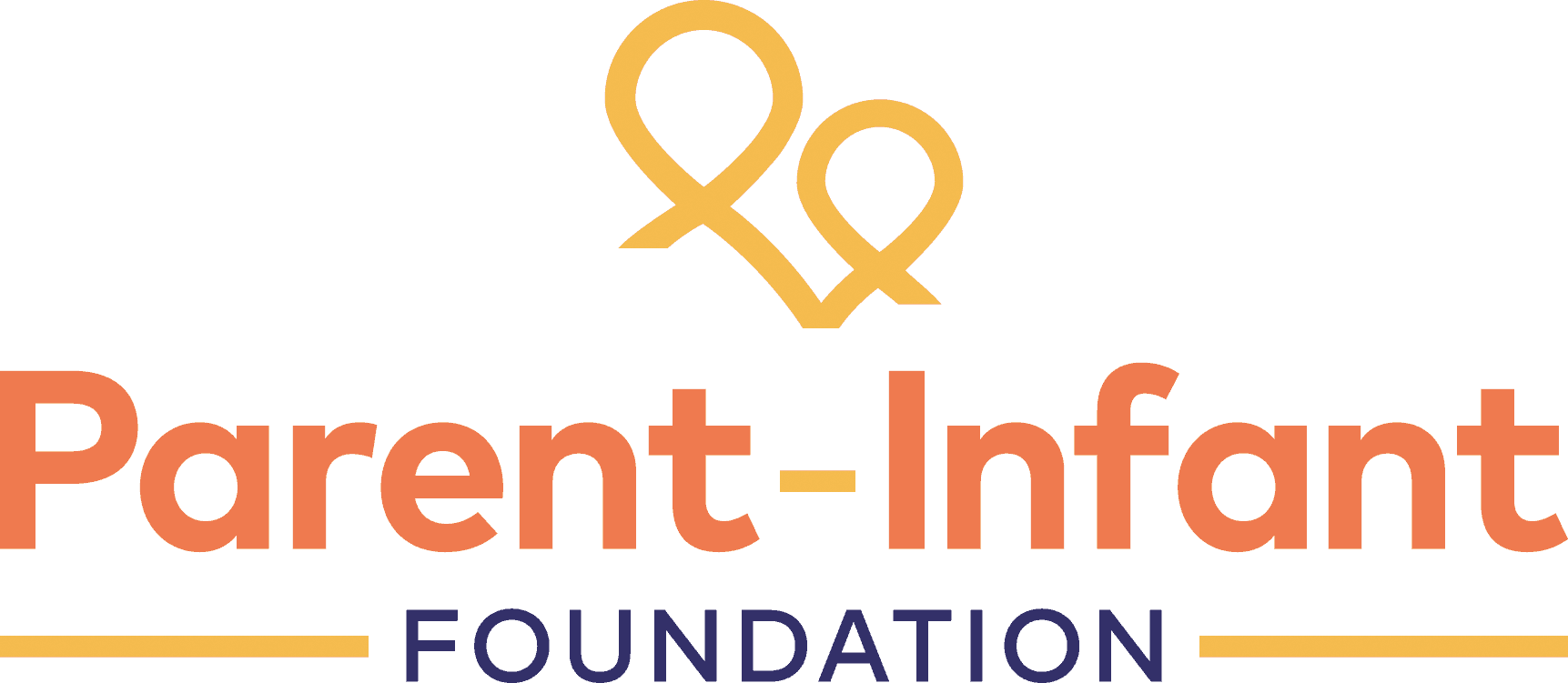Launch of Why Health Visitors Matter report
Today we are launching #HealthVisitorsMatter – a report compiled of short pieces by parents, professionals, and charity leaders that show the breadth and depth of health visitors’ work and its importance.
Health visitors perform a vital role.
Babies and children under two are the most vulnerable of all our children. They are also least likely to have engagement with public services. In the UK, we have a population of specialist community public health nurses – health visitors – with the expertise to provide care to families in the earliest years of their child’s life. Alongside GPs, Health visitors are often the only professionals who have contact with babies and young children and their families.
Health visitors are needed now, more than ever.
As we emerge from the worst of the global pandemic many families are struggling with isolation, stress, and mental health problems. More young children are falling behind in their development, yet fewer are engaging with services such as early education and childcare. The cost-of-living crisis will disproportionately hit young children in already disadvantaged families.
Yet, unfortunately, many of the individual children who are affected by this adversity are not known to local services. The pandemic – on top of years of austerity – has significant impacts on many services. There has been talk recently of “ghost children” but perhaps it is our services, not our children, who have become ghosts of their former selves.
Our health visiting services are at risk.
Since 2015, when responsibility for health visiting was transferred to local authorities, the public health grant has fallen by £0.69bn in real terms. It is estimated that at least 30% of the health visiting workforce has been lost in that time, with further losses forecasted. The decline in the workforce has put pressure on services, which has consequences for babies and their families across the country.
Even though local authorities are currently able to count phone and virtual appointments as “reviews”, the latest quarterly data shows that 18.6% of babies missed out on their 9-12-month review and 27.7% of toddlers missed out on their 2-2.5-year-old review.
Our calls to action
- Local authorities must commission and fund health visiting services that are able to offer a high-quality service to all those who need them, in line with the Healthy Child Programme.
- The UK Government must properly resource local authorities to enable them to provide health visiting services at a level that delivers everything that Government and NICE guidance expects of them, and that families need.
- The Department for Health and Social Care must do more to encourage local authorities to invest in health visiting services, and to hold them to account when they are not meeting national guidelines.
- The UK Government must also address shortages in the health visiting workforce: it is time for a demand-driven, well-resourced national workforce strategy and plan.
Sally Hogg, Co-Ordinator of the First 1001 Days Movement, said:
“Health visitors provide essential support to babies and their families. This report describes the many ways in which health visitors support children’s development and help to keep them safe.
These testimonies illustrate the importance of health visitors’ work and the impact they can have on babies and their families. This is a role that needs to be performed by skilled professionals, who can see families face-to-face and have the time to engage and build relationships with families.
Health visiting services in many areas of England have been decimated in recent years. The Government and local authorities must act now to ensure there are effective health visiting services across the country, so that no baby misses out.”
You can read the full report here.
[pdf-embedder url=”https://parentinfantfoundation.org.uk/wp-content/uploads/2022/05/Why-Health-Visitors-Matter.pdf” title=”Why Health Visitors Matter”]
